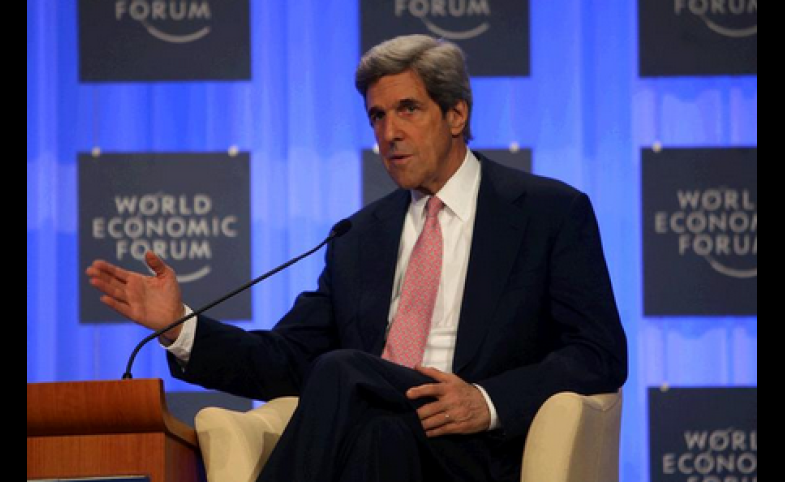Six years ago, a prominent British Muslim politician, Lady Sayeeda Warsi, argued that Islamophobia in Britain had passed the “dinner table test.” Never has this rung truer than today, for Britain and other Western...
KEEP READINGThe CPD Blog is intended to stimulate dialog among scholars and practitioners from around the world in the public diplomacy sphere. The opinions represented here are the authors' own and do not necessarily reflect CPD's views. For blogger guidelines, click here.

U.S. Public Diplomacy in the Midst of Middle East Turmoil
At some point, the post-revolutionary Arab states will emerge from the self-destructive madness that has them so tightly in its grip. While Egypt, Syria, Libya, and Tunisia deal with varying degrees of instability, the future should be kept in sight.
The key to an improved future in the region is less political than it is economic. Democracy is a worthy goal, but it will be reached only slowly. The shriveled economies of many Arab states (they are not all oil-rich) were the most significant factors behind the uprisings of 2011. People were not clamoring for political freedom as much as they were demanding jobs, decent places to live, and the ability to put food on the table for their families.
If America’s overall foreign policy and its public diplomacy efforts are to be effective in the Arab world, they must address economic issues above all else. Despite the ongoing upheaval throughout much of the region, American policymakers should be working with their Arab counterparts to design ambitious new measures that will stabilize economies and raise living standards.
The Marshall Plan, which did so much to restore post-World War II Europe, is often cited as a model for helping the Middle East. It is important to recognize that the Marshall Plan involved far more than the United States delivering direct aid. The U.S. assistance was effective because it required European governments to devise transnational economic integration mechanisms. Those governments were made responsible for the heavy lifting – constructing a new Europe on the financial foundation the United States provided.
In the Arab world today, too much reliance exists on ad hoc aid provided by the richest countries, such as Saudi Arabia, Qatar, and the United Arab Emirates. Such help is valuable as short-term relief amidst crisis, but it does little to build a sustainable economic environment in the region. The United States and other relatively wealthy nations could do more to develop a durable framework that would give Arab economies a chance to grow. Free-trade agreements and other measures that would foster economic community among Arab states are certainly worth trying.
That is what should be done at the macro level. Meanwhile, public diplomacy programs should be directed toward business councils and trade associations that will be essential players if grand plans are to be successful. Public diplomacy officers at embassies in the Arab world already work on such matters, but their efforts should be accelerated as part of a cohesive plan that is backed up by substantial funding.
Today’s Arab world is very different from 1947 Europe, where all the economies had been ravaged by the war. The Marshall Plan had to be sustained by American dollars. Today in the Middle East, the affluent Arab states and neighbors such as Turkey should bear most of the financial burden for straightening out the economic mess in their region.
Successful public diplomacy is not dependent on massive spending. In the Middle East, American public diplomats can offer expertise, explaining the elements of new regional economic structures at micro level. If they are successful, the people they reach can provide the political impetus needed to make such structures reality.
During these days when the news from the Arab world is almost wholly about vicious internecine conflict, worrying about economic issues might seem pointless. But if the region’s future is to be brighter than the present – if stability is to ever be more than an illusion – people in Middle East must be able to hope that they can improve their families’ circumstances. Nothing less than a new regional economic structure is needed for this, and public diplomacy can help make it happen.
Visit CPD's Online Library
Explore CPD's vast online database featuring the latest books, articles, speeches and information on international organizations dedicated to public diplomacy.
POPULAR ARTICLES
-
January 20
-
January 2
-
December 15
-
December 17
-
December 17
Join the Conversation
Interested in contributing to the CPD Blog? We welcome your posts. Read our guidelines and find out how you can submit blogs and photo essays >.













